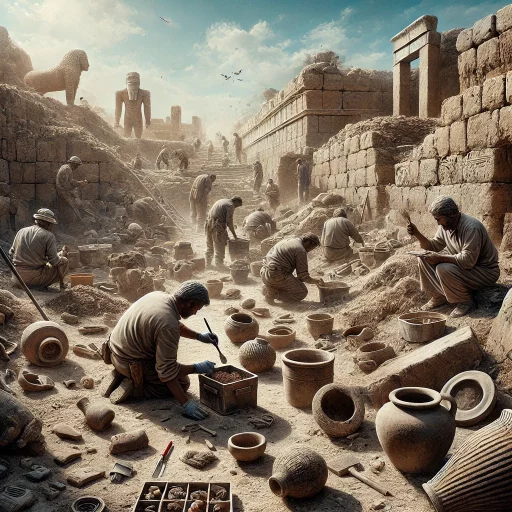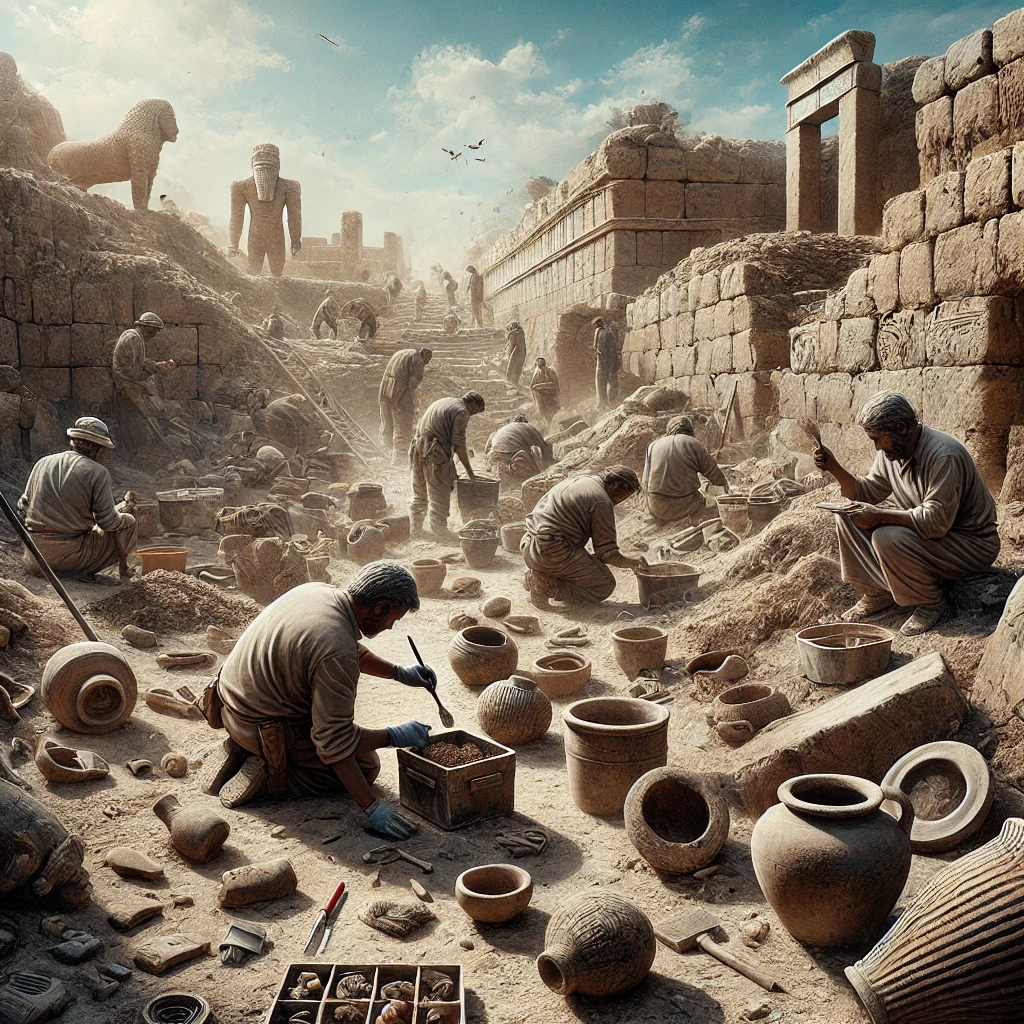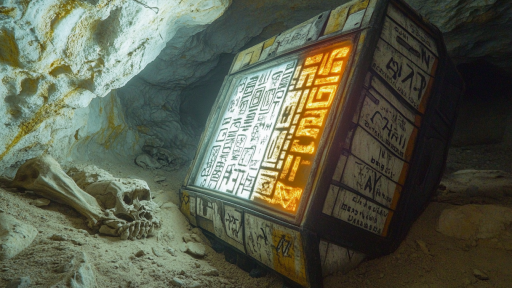A Mysterious Collapse
Imagine a thriving society suddenly collapsing, its people disappearing, leaving behind only scattered remnants of life. Archaeologists in Iraq recently uncovered artifacts from 5,000 years ago that offer fresh clues about the mysterious downfall of one of the world’s first governments.
Clues Left in Pottery and Tools
Researchers at the site of Tell Brak, a once-bustling city in Mesopotamia, discovered pottery, tools, and other artifacts. These remnants suggest that around 3,000 BCE, the once-organized society experienced a sudden breakdown. People moved away from cities, abandoning centralized power and settling into smaller, rural communities.
Lessons from History’s Failures
The collapse of Tell Brak mirrors challenges societies still face today—like climate shifts, resource shortages, or conflict. Just as natural disasters or economic instability disrupt modern nations, early civilizations also struggled with unforeseen changes. Understanding their failures can help us better respond to similar challenges.
Learning from the First Governments
Tell Brak was part of a transformative time in history when humans first organized large governments to manage trade, resources, and populations. Investigating why such systems failed gives us insight into the resilience—and fragility—of human societies. Researchers suggest that studying ancient collapses can offer valuable lessons for addressing modern issues like climate change, political unrest, and economic shifts.
Understanding the Past to Safeguard the Future
These ancient artifacts are more than remnants of the past—they provide a window into a civilization’s struggles and ultimate collapse. By uncovering the story of Tell Brak, scientists hope to learn how we can build more resilient societies in the face of today’s challenges.
Source: Read more on LiveScience





